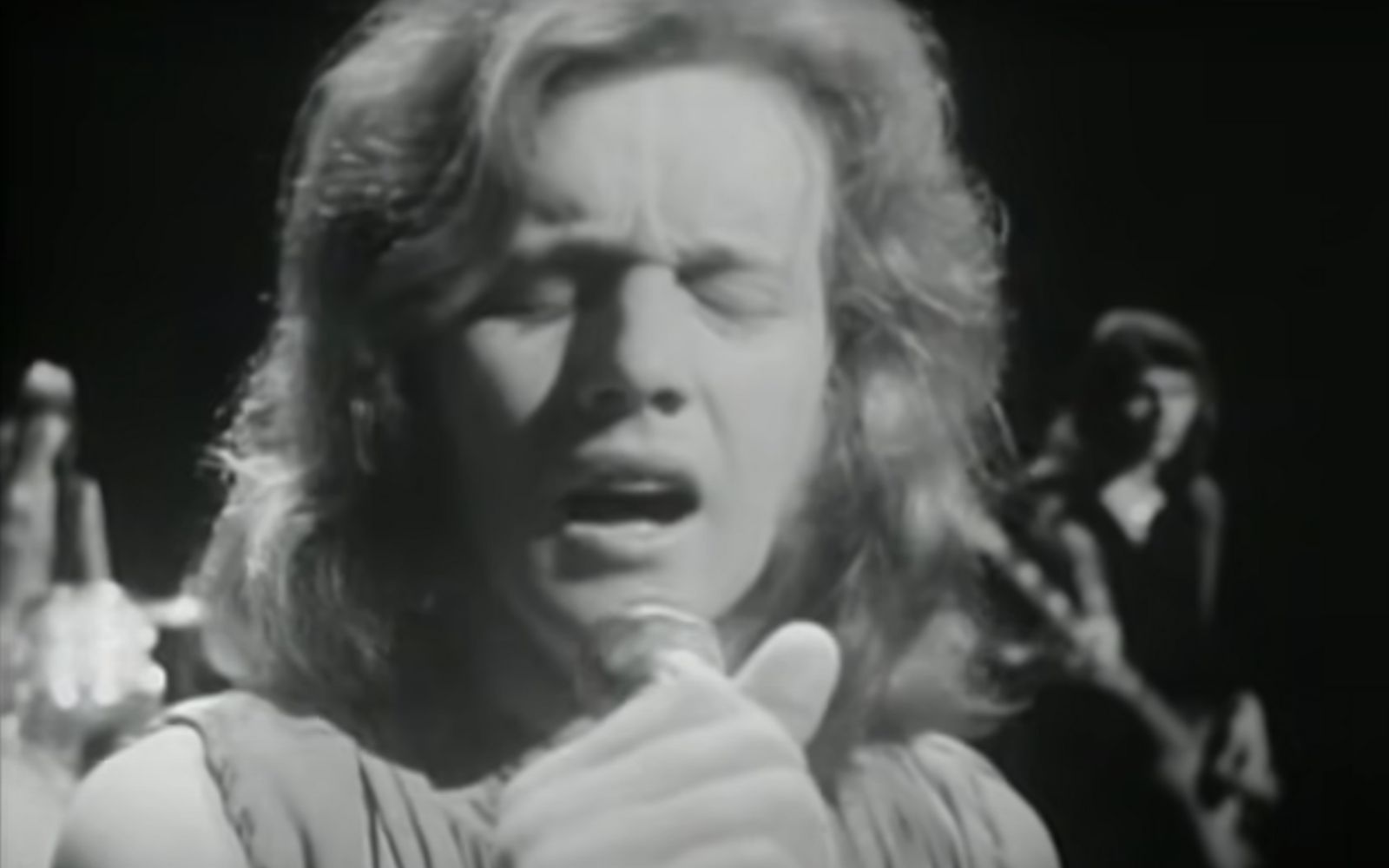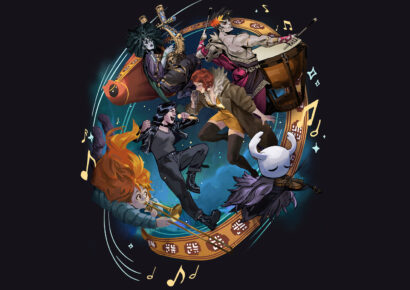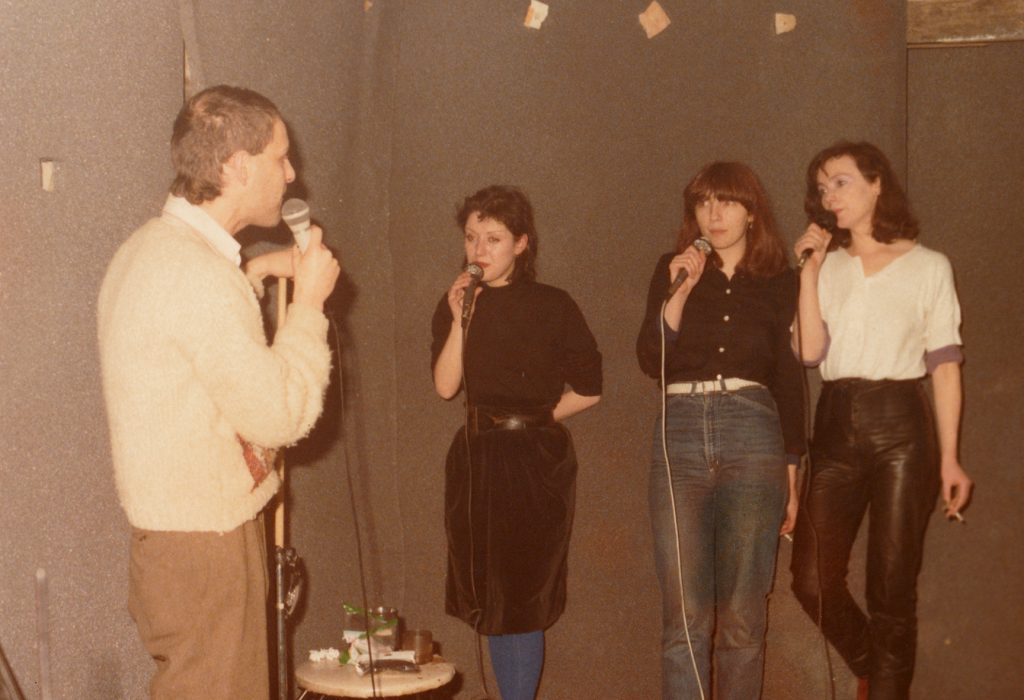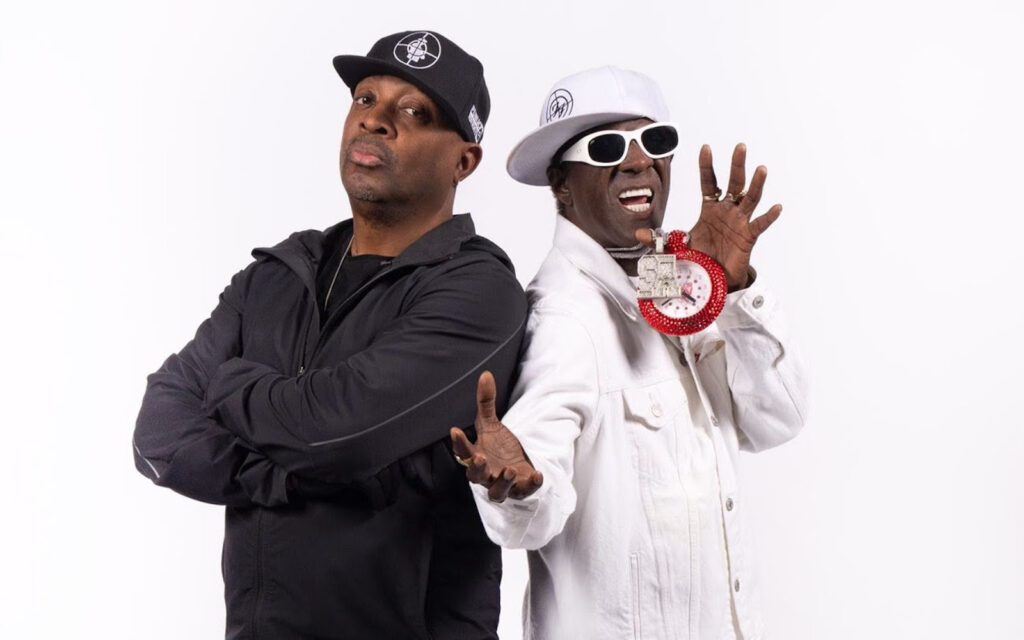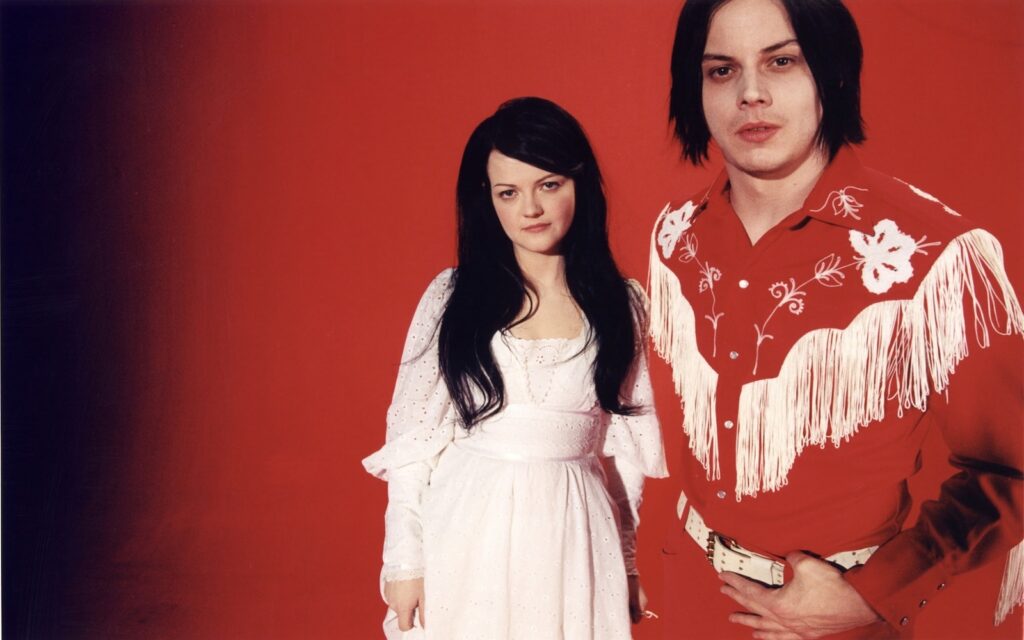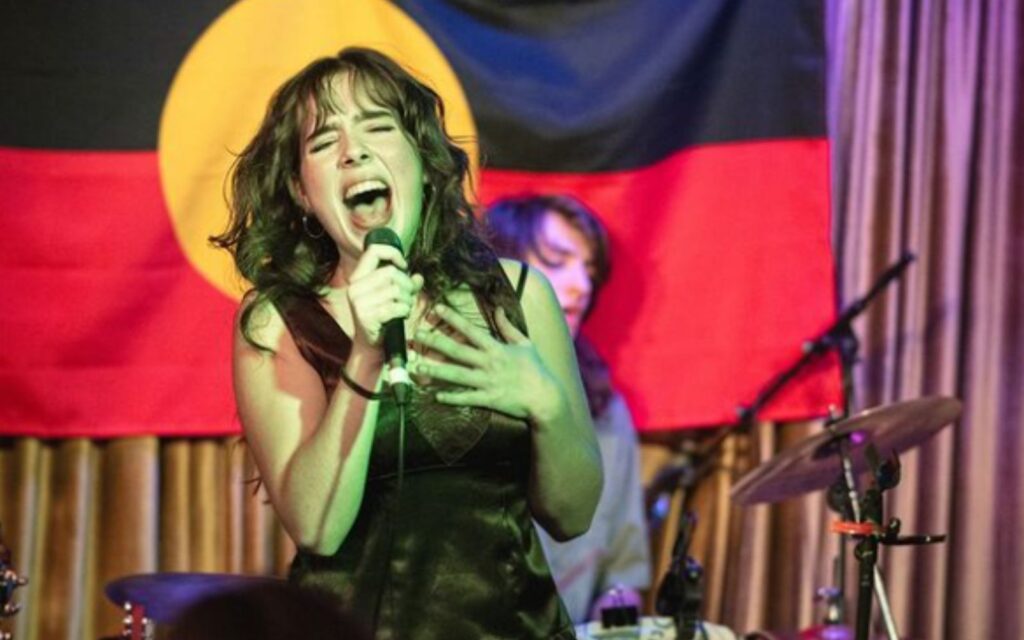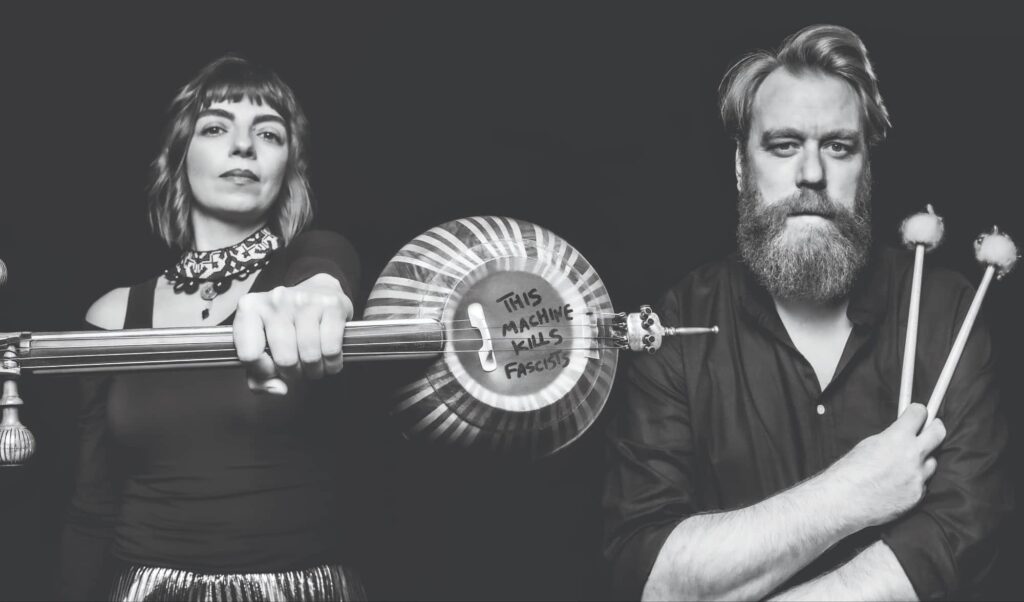Two of the three songs featured this time are by bands which originally formed in Adelaide.
Following an influx of British and European immigrants to South Australia in the 1960s, Adelaide experienced something of a pop-rock renaissance, led by our featured bands Zoot and The Masters Apprentices, as well as chart-toppers The Twilights. The other band is a Sunbury Festival and Mushroom Records icon.
Perhaps these songs could occasionally replace a Queen or Phil Collins offering on commercial radio?
Eleanor Rigby – Zoot (1970)
Highest Chart Position – 4 (Kent Music Report)
Zoot was a pop-rock band which formed in Adelaide in 1966 as Down The Line, changing their name in 1967 to Zoot before moving to Melbourne the following year. The band’s original members were Darryl Cotton on lead vocals, recent Mancunian arrival John D’Arcy on guitar and vocals, his school friend Beeb Birtles (real name Gerard Birtlekamp) on bass and vocals, and Teddy Higgins on drums. Zoot soon became Adelaide’s premier ‘mod’ band on that city’s pumping live-music circuit, playing copycat renditions of songs by top British bands such as The Hollies, The Small Faces and The Move.
Their debut single You Better Get Going Now was recorded at Melbourne’s Armstrong Studios in mid-1968 and launched at Tony Knight’s prestigious Melbourne disco, Bertie’s. Pushing the newly devised marketing theme Think Pink – Think Zoot, the band and the venue were decked out in lurid pink. For the next few years, the band toured and performed in pink, and while it was clearly popular with their teenybopper audience, it also saw the band unfairly depicted as bubblegum-pop lightweights, when they were in fact anything but. The replacement in 1969 of guitarist Roger Hicks with talented Brisbane-based musician and songwriter Rick Springfield had set the band on a weightier musical path. Yet it wasn’t until early 1970, when the band burnt their pink costumes live on TV show Happening 70s, that they were, at least visually, free of the Think Pink burden. Sadly for Zoot, the promotional stunt and its teenybop baggage was not forgotten and was to become something of a millstone.
Eleanor Rigby, released in December 1970, was a walloping, feedback-infused heavy rock version of the Beatles’ contemplative ballad. Led by Rick Springfield’s explosive guitar riffs and punctuated with Rick Brewer’s ground-shaking drum rolls, the song became Zoot’s biggest hit, reaching a peak of #4 on the national charts in March 1971. This wasn’t Zoot’s only venture into hard rock – they also performed thundering live versions of Joni Mitchell’s Woodstock, Donovan’s Hurdy Gurdy Man, and The Beatles’ Hello Goodbye.
Frustrated at being unable to shake off the lingering teenybopper branding of their Think Pink – Think Zoot days, Zoot split up in May 1971. Rick Springfield went on to considerable success in the USA as a TV actor and solo performer, including a 1981 #1 USA and Australian hit with Jessie’s Girl. Beeb Birtles found fame in the USA and Australia with the Little River Band, while Darryl Cotton had a successful TV and musical career.
12-LB Toothbrush – Madder Lake (1973)
Highest Chart Position – 35 (No. 10 in Melbourne)
Madder Lake are a progressive blues-rock band that formed in Melbourne in 1969 under the name San Sebastian. In 1971, the band’s graphic arts background led them to rename the band after the rich blue paint colour achieved when an artist mixes water or oil with madder dye. The band’s original members were lead vocalist Mick Fettes, Brenden Mason (guitar), John McKinnon (keyboards), Kerry McKenna (bass), and Jack Kreemers (drums).
Madder Lake was one of the first bands to be signed to Michael Gudinski’s new record label Mushroom, along with Chain, Ayers Rock, The Dingoes, Matt Taylor, and MacKenzie Theory. They then became the first of Mushroom’s signings to release a single, Goodbye Lollipop (1973), which reached #35 nationally and #13 in Melbourne.
They developed a considerable following on the Melbourne live circuit, taking their place alongside kingpins such as Chain, the Coloured Balls, and Billy Thorpe and the Aztecs. They were the opening act at the first Sunbury festival in 1972, and were one of the headline acts at Sunbury 1973 in late January, before appearing as support act to the Rolling Stones at Kooyong Tennis Centre a few weeks later.
The band’s imaginative and innovative approach and superb musicianship was reflected on their brilliant debut album Stillpoint (August 1973), which peaked at #13 nationally and #2 in Melbourne. It is, however, the single, 12 LB Toothbrush, for which they are best remembered. It is bumping, noodling, funky prog rock with a memorable ear-worm of a vocal chorus that, once heard, stays around to party: “na na nanana nana/nana nana na naaa na”. The song’s title is unrelated to the content and was apparently devised as a joke on the radio DJs who had to announce it.
Madder Lake, despite having been through numerous lineup changes and fallow periods over the years, continue to perform and record to this day. Find out more at their website here.
Because I Love You – The Masters Apprentices (1971)
Highest Chart Position – 15
The Masters Apprentices was an R&B/progressive rock band from Adelaide, which began in 1965 as a Shadows-style instrumental group called The Mustangs. The band, with a change of name and numerous changes of musical style and personnel over the next seven years, went on to become one of Australia’s most successful, innovative and popular acts, mastering a wide range of musical styles from pop to progressive rock to R & B. After relocating to Melbourne in February 1967, the band established a huge live following in venues such as Thumpin’ Tum and Catcher, while recording and releasing their second single, the psychedelic hit Living In A Child’s Dream (#7), and their self-titled debut album. By mid-1968, the band comprised Jim Keays on lead vocals, Doug Ford on guitar, Glen Wheatley on bass and Colin Burgess on drums.
The Masters Apprentices compiled an impressive catalogue of hit singles, from their unique debut single Undecided (1966), with its frenetic electric guitar riff, to Living In A Child’s Dream (1967), Elevator Driver (written as Silver People by Brian Cadd, 1968), 5:10 Man (1969), Think About Tomorrow Today (1969), and their biggest-selling hit, Turn Up Your Radio (1970), which peaked at #7 nationally. And of course, their last major hit single: Because I Love You (1971).
Recorded in 1970 with producer Jeff Jarrett at London’s Abbey Road Studios as part of the Choice Cuts album, Because I Love You is a captivating, deftly-arranged love song, with a gentle conversational verse that makes the listener feel a little like an eavesdropper. It starts quietly with Doug Ford’s dexterous 12-string acoustic guitar playing, builds to the resounding chorus – “Do what you wanna do / Be what wanna be, yeah”’ – then slides back to Ford’s melodic, subtle playing. It ends with an extended chorus enhanced with snatches of piano and some vigorous and inspired drumming by Colin Burgess.
The band’s final studio album, A Toast To Panama Red, was recorded at Abbey Road Studios and released in January 1972. Despite its extraordinary breadth and vision, and critical acclaim as a masterpiece of Australian progressive rock, the album failed to chart. By the time of its release, The Masters Apprentices had split up.
Check the rest of the series here.
